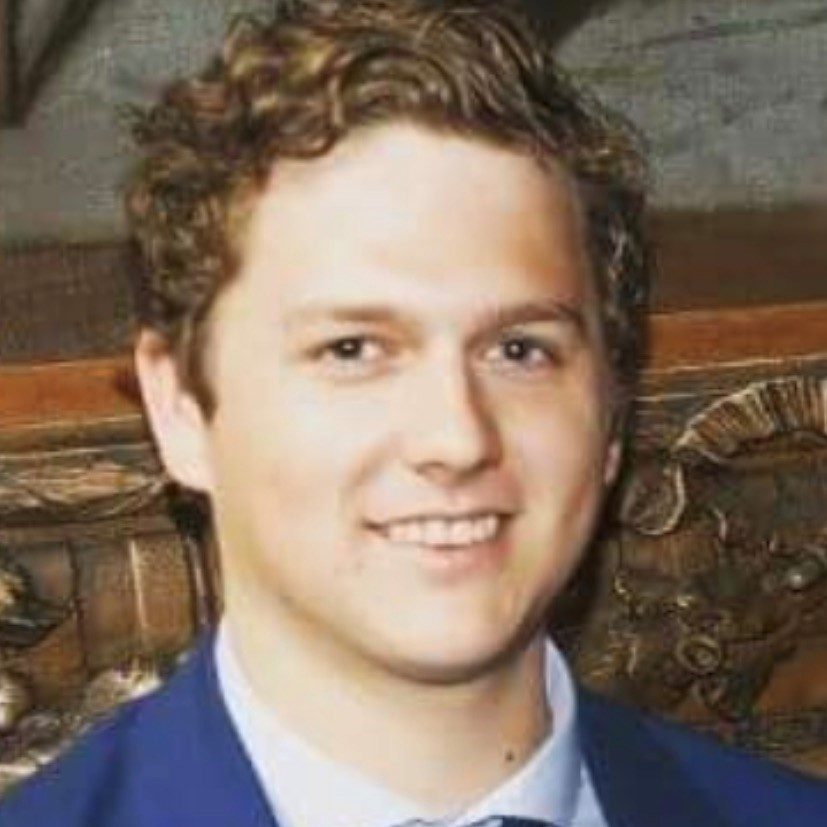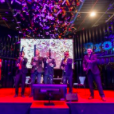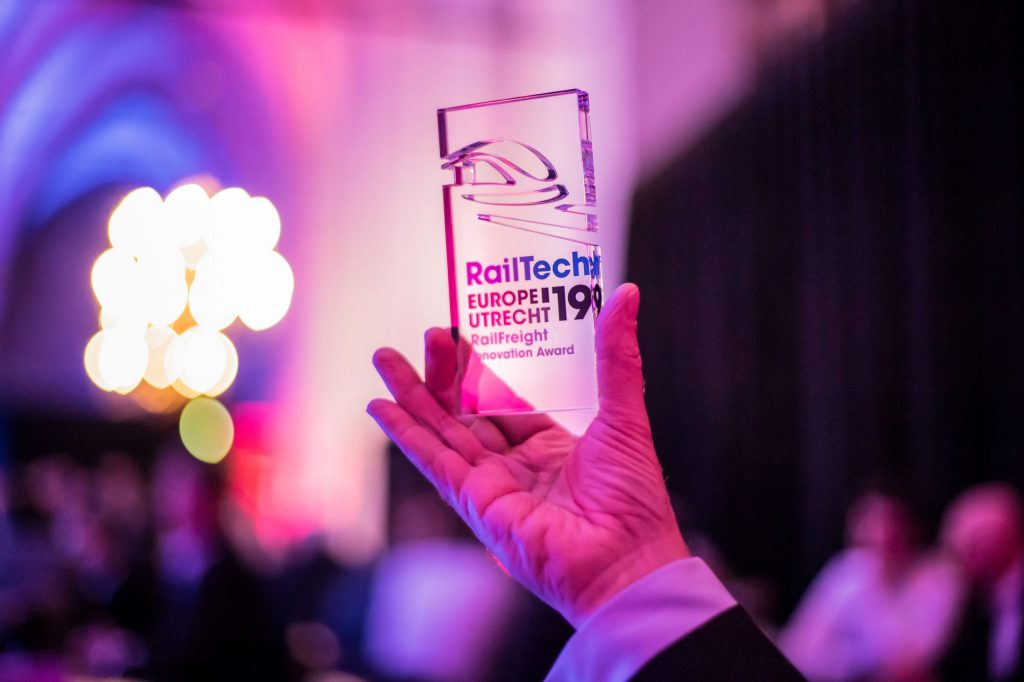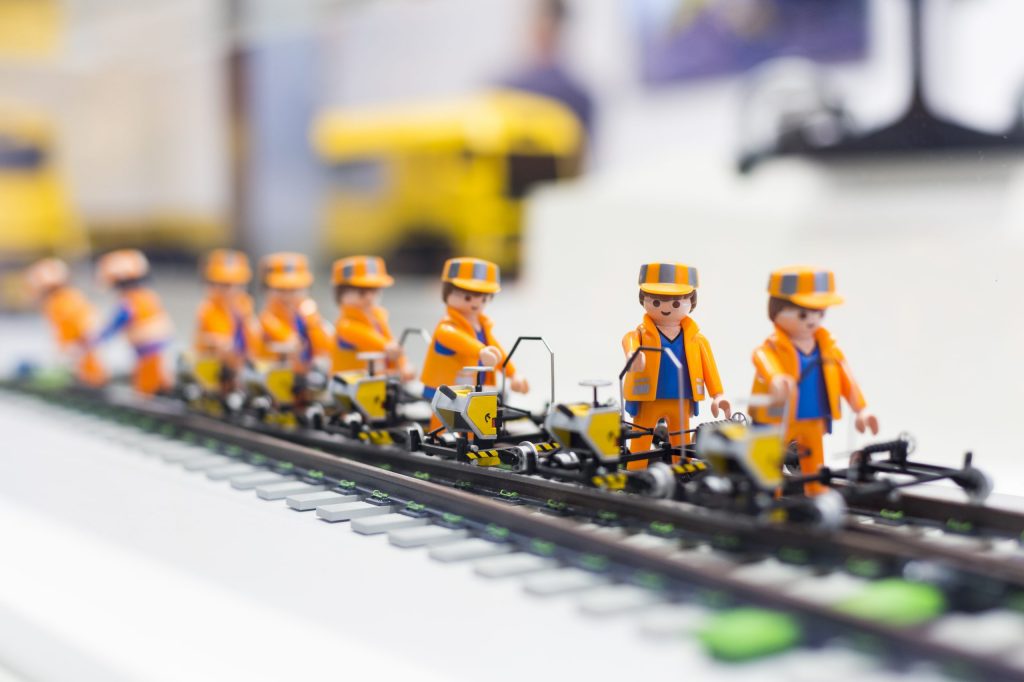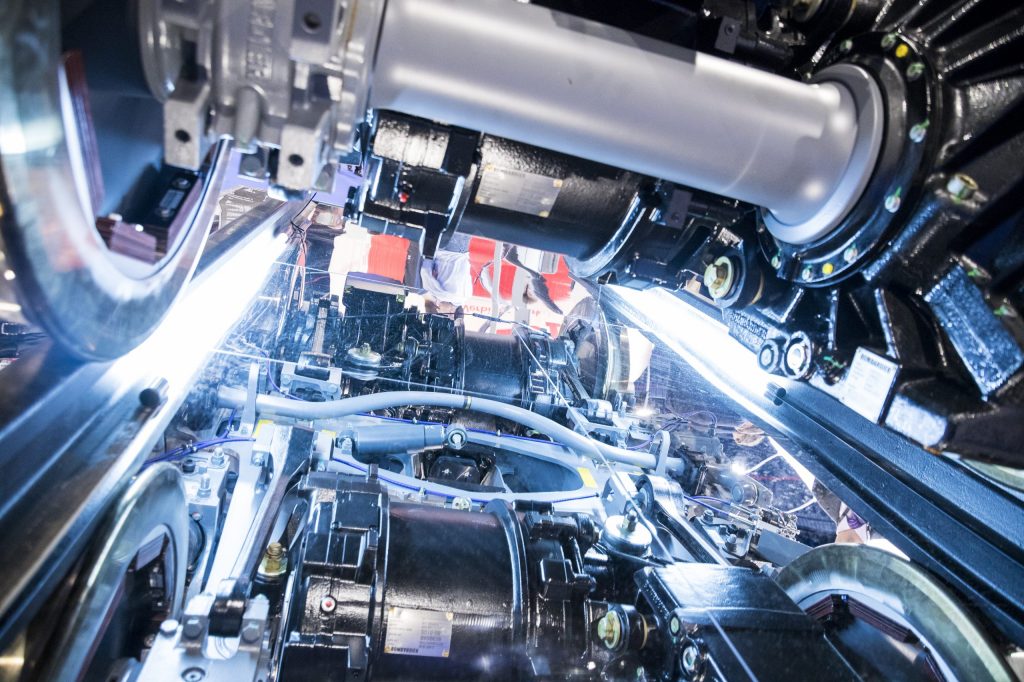On the mainstage of RailTech Europe 2021 // LIVE high-level conference sessions were broadcasted, each day we focused on a different theme:
30 March
European year of Rail
The first day the presentations of the Mainstage was focused on the European year of Rail. 2021 was announced as the year of the rail. The European Commission initiative highlights the benefits of rail as a sustainable, smart and safe means of transport.
Topics: Green deal, international train connections, the fourth railway package, energy saving
31 March
Digital Rail
Digitalisation is a much discussed topic. Developments are going very fast because of digitalisation, but this also generates challenges for the industry. How can we make ERTMS a real European interoperable digital system and which technologies can we expect to follow?
Topics: ERTMS, ATO, chain management, FRMCS, digital automatic coupling
1 April
Smart infrastructure
One of the biggest challenges facing the rail industry today is making the rail infrastructure resilient and future proof. How can the rail infrastructure be used more efficient and how can predictive maintenance enhance capacity?
Topics: Black swans, building information management, switches, mobile mapping, predictive maintenance, Artificial Intelligence
Programme
Main stage
29 March
13.30 - 14.00 CEST
Pre-discussion on launch of EU year of the Rail
During the online conference RailTech Europe 2021, there is a lot of attention for the European Year of Rail. The first congress day on March 30 is all about international train connections and the European Year of Rail.
The day before the event, on March 29, the European Commission in Portugal officially kicks off the European Year of Rail. In the ProMedia Studios in Rotterdam, Marieke van Gompel, together with Wim van de Camp, Corina de Jongh from Railforum, Justus Hartkamp from ProRail and Karin Haaksman from Unife look forward to the opening and do the Dutch kick-off of the European Year of the Railway. After that, the live stream from Portugal will start.
14.00 -17.00 CEST
Restream of the official opening of the European Year of Rail in Portugal
30 March
European year of Rail
10.00-10.10 CEST
Our moderator Rogier Elshout will welcome you to the first day of the conference

10.10-10.25 CEST
Cooperation between EU countries stimulating international rail connections
Stientje van Veldhoven
State Secretary, Ministry of Infrastructure and Water Management
The state secretary has worked close together with ministries of other countries to excellarate international train connections. She will give an explanation about the last results
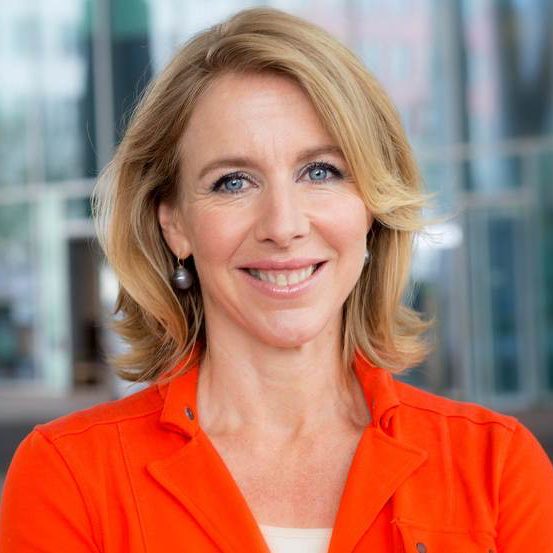
10.30-10.45 CEST
The kick-off of the European year of Rail
Herald Ruijters
The director of MOVE responsible for Investment, Innovative & Sustainable Transport, European Commission
On the 29th of March the European Year will be officially opened. Herald Ruijters will give a summary of the opening as well as the goals and investments of the European Year of Rail.
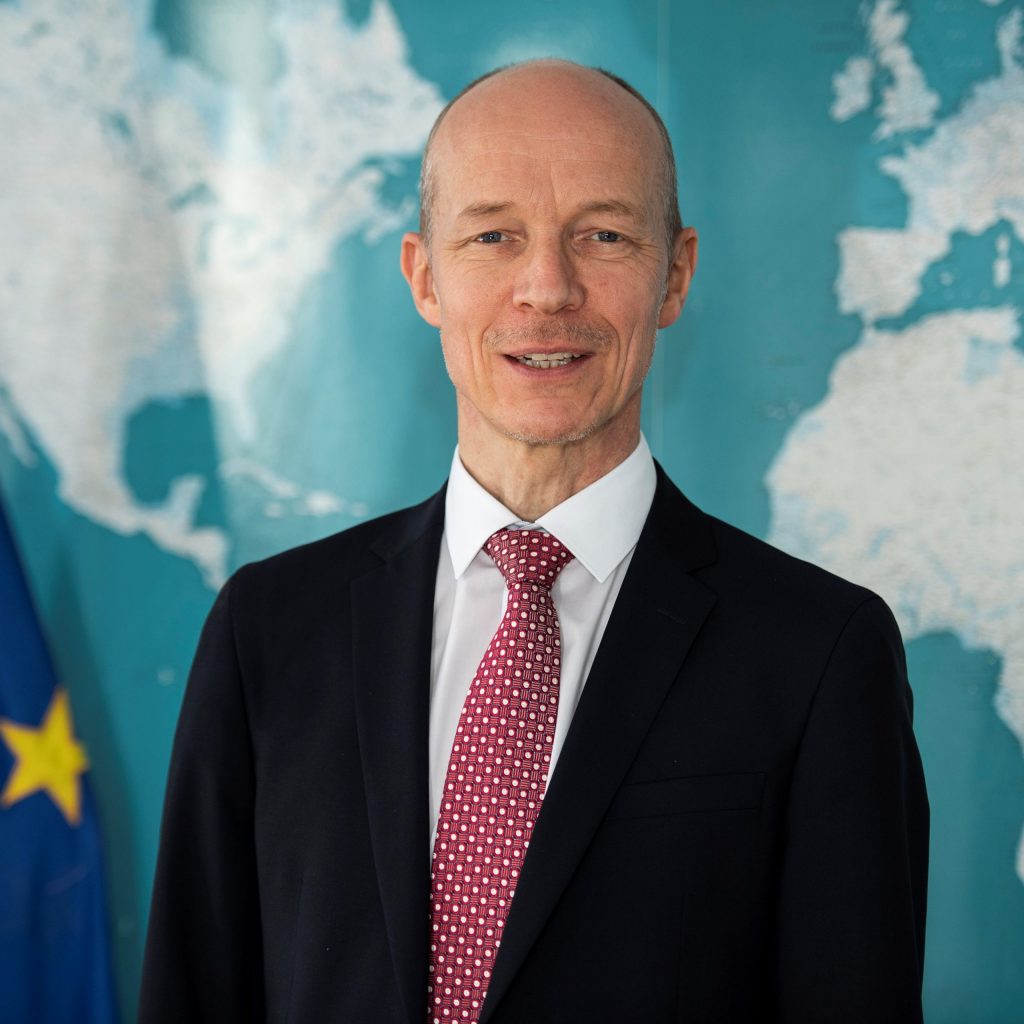
10.45-11.00 CEST
Green deal
Diederik Samsom
Head of Cabinet team Frans Timmermans, European Commission
The European Green Deal is a set of policy initiatives by the European Commission with the overarching aim of making Europe climate neutral in 2050. Samsom will explain which steps have already been made.
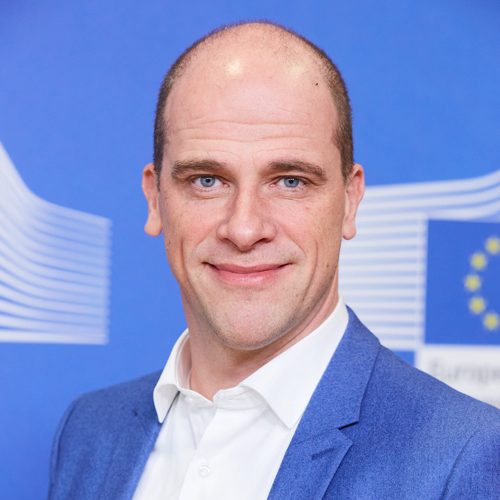
11.00-11.30 CEST
Panel discussion expectations European Year of Rail
Herald Ruijters, John Voppen, Diederik Samsom & Marjan Rintel
What will be the expectations of the European Year of Rail? Will the goals be met and how are the panellist looking towards this important year in the rail industry?
12.00-12.05 CEST
Rogier Elshout will welcome you back and open the session

12.10-12.25 CEST
99 percent reuse of old trains and the search for the last percentage point
Marjan Rintel, CEO Dutch Railways (NS)
The presentation will showcase the project of Dutch Railways (NS) in which they sustainably refurbish 20-year-old-, technically depreciated trains to provide service for another 20 years. That project has recently been awarded a Circular Awards.
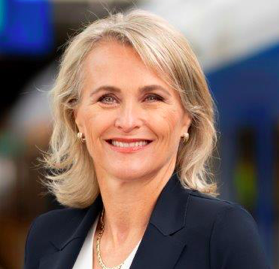
12.25-12.40 CEST
On-board energy metering enables energy savings
Bart van der Spiegel
Energy Management, Infrabel
In order to reduce energy costs, it is essential that the correct consumption is measured and allocated to the correct Railway Undertaking. The last years the requirements for on-board meter and handling of the data has changed. All relevant sector federations agreed on the way forward.

12.40-12.55 CEST
Fossil Free Future of Track Work Machinery
Martina Zeiner, University assistant at TU Graz &
Víctor Barrena Cárdenas, System Engineer at Plasser & Theurer
Environmental concerns have led to the introduction of alternative propulsion technologies in the transport sector. Also track work machinery will face more stringent regulations. A study from TU Graz Plasser & Theurer examines the possibility of reaching zero emissions during maintenance and construction work in railways.
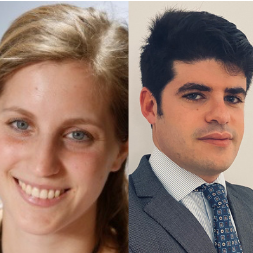
14.00-14.10 CEST
Rogier Elshout will welcome you back and open the session

14.10-14.25 CEST
What is next for TEN-T policy and how will it boost modal shift?
Catherine Trautmann
European Coordinator for the North Sea-Baltic TEN-T Corridor
The European Green Deal sets the goal to shift a substantial part of the 75% of inland freight carried today by road onto rail and inland waterways. The revision of the TEN-T Regulation announced for September 2021 will need to provide some of the tools for achieving these goals. What more can be done through TEN-T policy to create a truly multimodal European transport network and create modal shift?
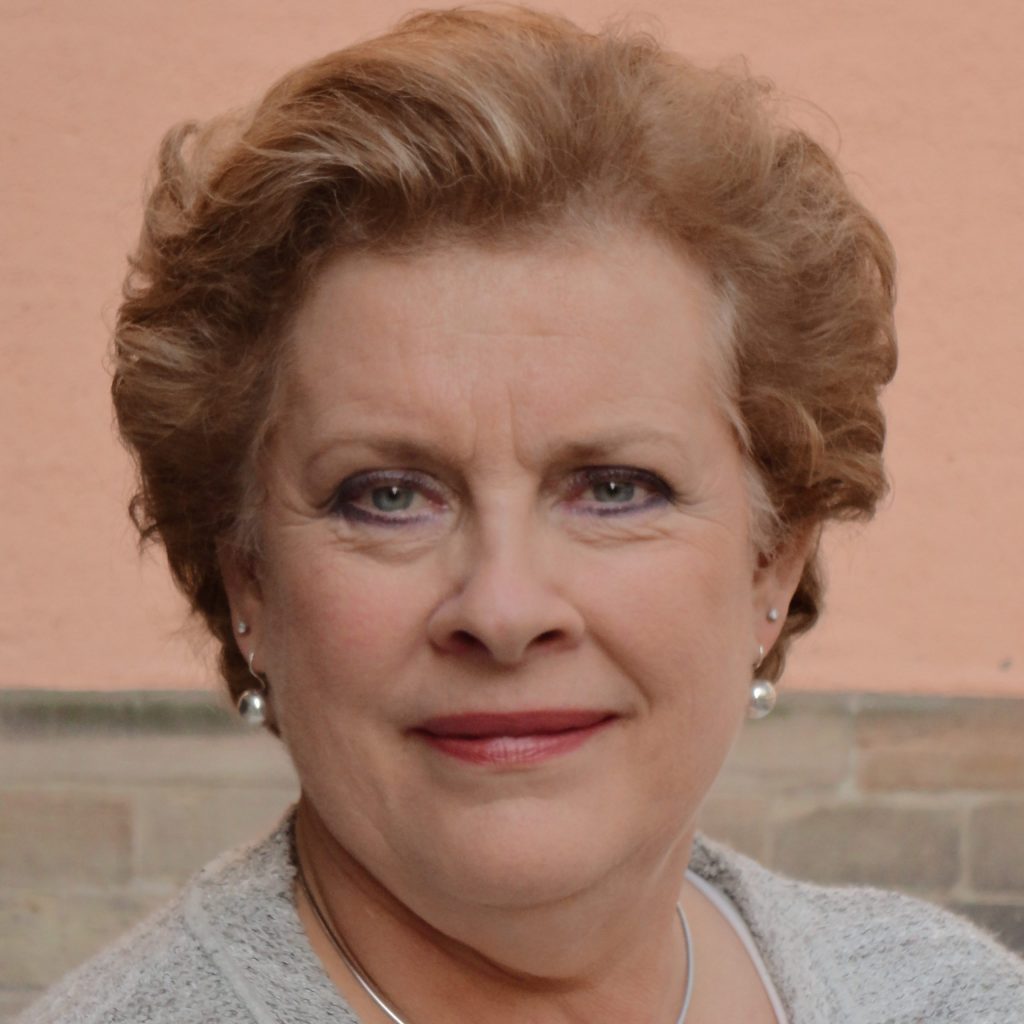
14.25-14.40 CEST
TransEuropeExpress TEE 2.0
Florian Böhm, Head of Secretariat of the Federal Government Commissioner for Rail Transport, German Ministry of Transport and Digital Infrastructure
An increasing number of European countries establish clock-face timetabling as a new, transparent principle for upgrading and capacity management of the railway infrastructure. The concept TEE 2.0 will interlink these optimized national systems to form a network of European passenger services designed to reduce international journey times.
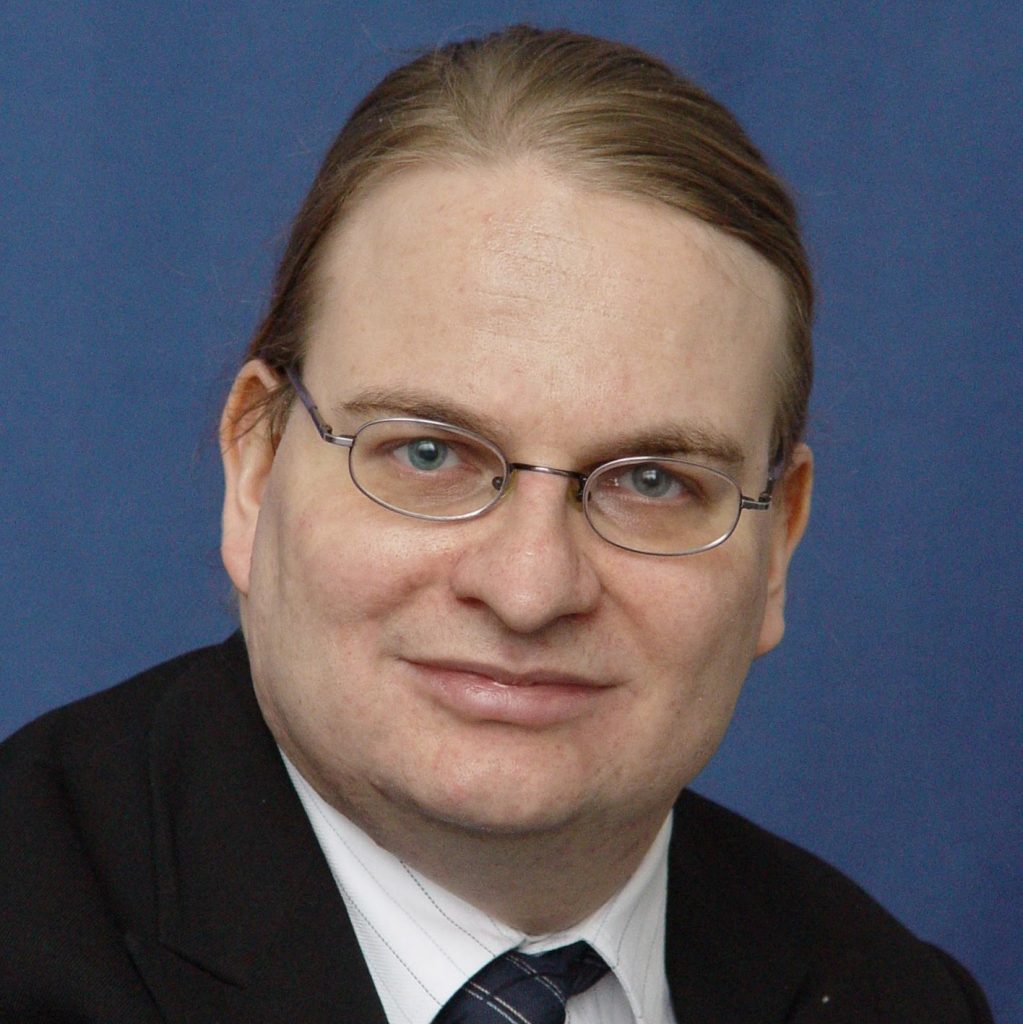
14.40-14.55 CEST
Platform International Railway Passengers transport
Hinne Groot
Coordinator International Rail Affairs, Ministry of Infrastructure and Water Management
The COVID-19 crisis has heavily impacted the rail passenger market. Hinne Groot will highlight the progress made following the ministers declaration on international rail passengers. A platform of Member States has been established and political attention for the need to develop international railway passenger transport has accelerated in the past year. What can be the next steps?
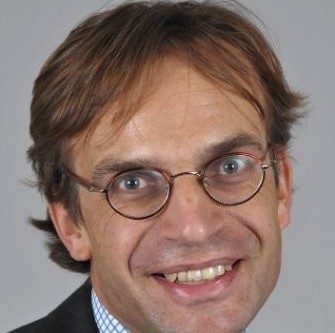
15.10-15.25 CEST
How to realize the shift to rail from the passenger perspective
Delphine Grandsart
Senior Researcher, European Passenger's Federation
The failure of the rail sector to satisfy user needs is a major contributor to its inability to drive modal shift. The European Passengers’ Federation has identified a number of priority actions to help unleash the full potential of the rail sector.
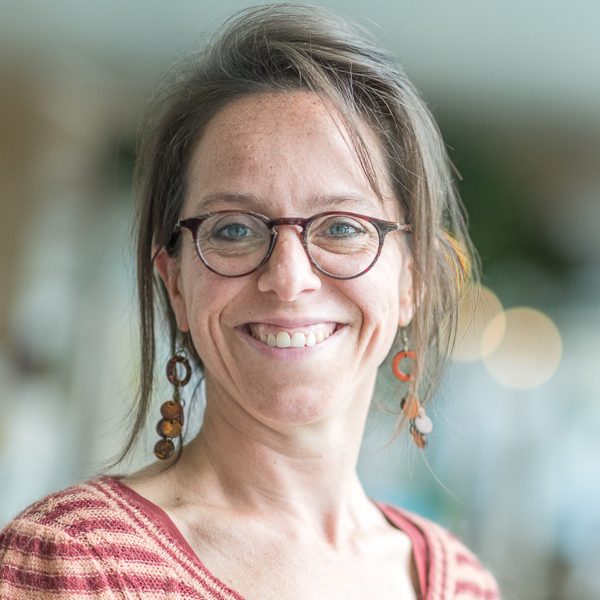
15.35-16.00 CEST
Panel about Level playing field competition in international railway transport: pro's & con's
Europe has seen several examples of competition on national high speed rail tracks. Would more competition provide better international train connections? Or just make them more complicated? Nick Brooks from AllRail, Arriën Kruyt from the International Passenger Federation and Andrea Giuricin of TRA Consulting will discuss these topics in the closing panel discussion of the first day of RailTech Europe Live.
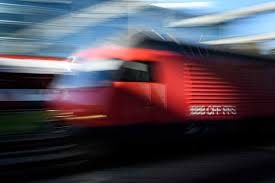
31 March
Digital Rail
10.00-10.05 CEST
Rogier Elshout, moderator of the day, will welcome you to the second day of the conference

10.05-10.15 CEST
Current updates and developments
Simon Fletcher, Director Europe, UIC
Simon Fletcher give an update on the current developments and status of ERTMS projects.
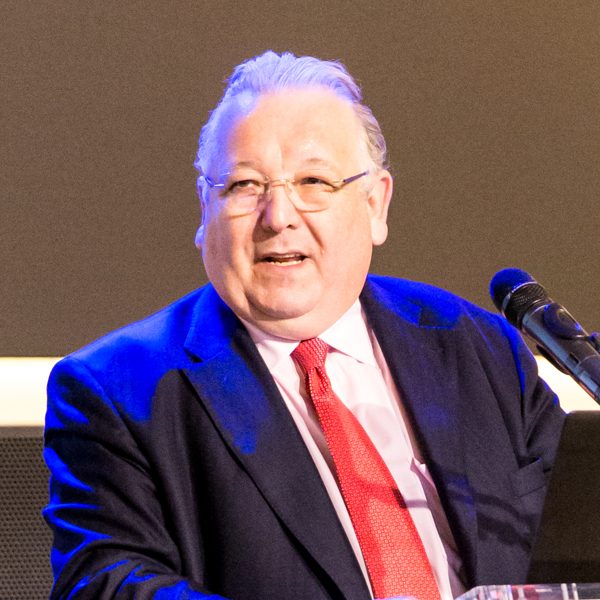
10.15-10.30 CEST
What's going on in Europe?
Matthias Ruete
ERTMS coordinator, European Commission
In this intervention Matthias Ruete will draw some lessons learned from his first 2 years as the Coordinator. In this context he will present the current state of play of ERTMS deployment and explain the main issues in the roll out. He will also unfold the plans of the European Commission and give insight in his vision of the future.
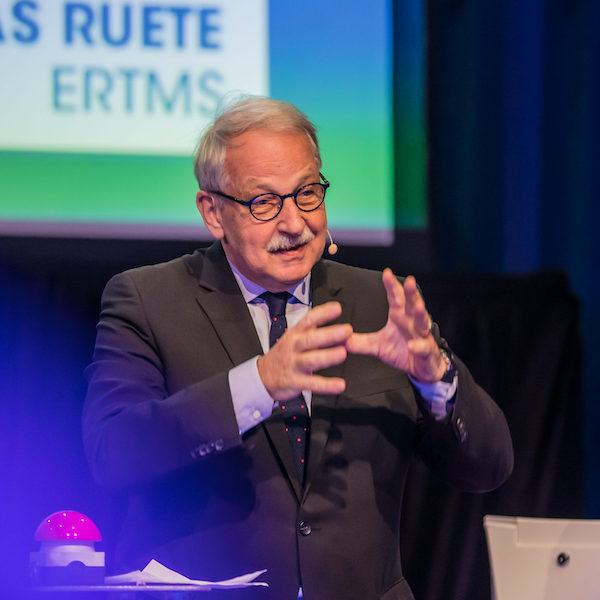
10.30-10.45 CEST
Technology versus Human Factors
Wim Knopperts, Program Director ERTMS at ProRail
Hella van Veen, Project Manager ERTMS at ProRail
Wim Knopperts will give an overall up date of the Dutch ERTMS Program. Thereafter Hella van Veen will explain the Dutch approach of organising chain management for ERTMS. This requires a completely different way of working together than the current analog safety system.
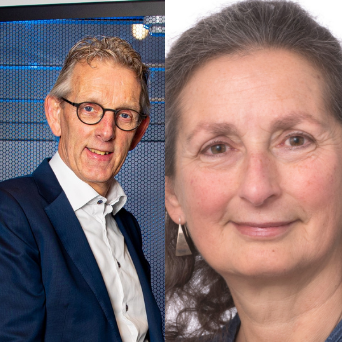
10.50-11.05 CEST
ERTMS and digitalisation contribute to a more sustainable and circular rail sector
Klaus Mindel
Director CCS Architecture Strategy, Thales Deutschland
From a technology perspective ERTMS and digitalisation are vital for a more sustainable and circular future. This presentation considers how railways can attract and absorb additional traffic to be more sustainable and it examines how ERTMS in combination with digitalisation can contribute to a more sustainable and circular rail sector.
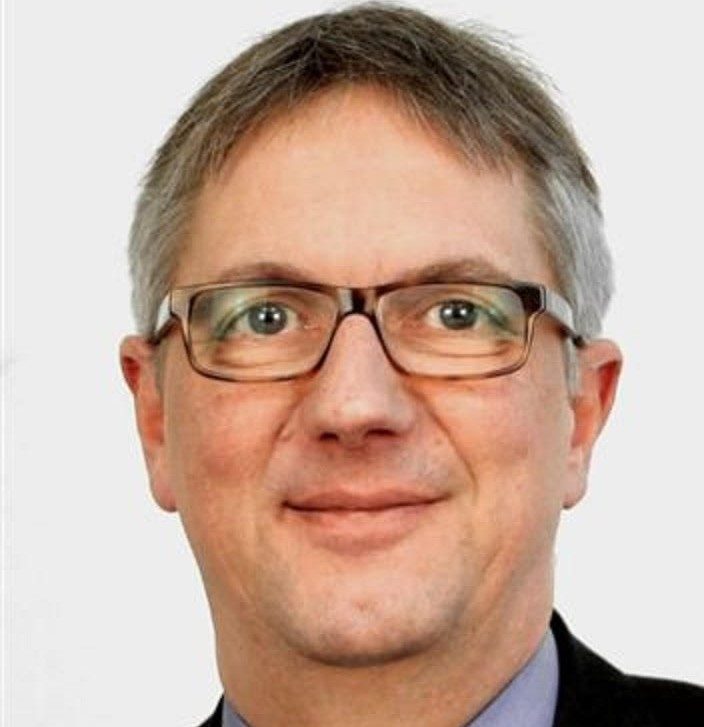
11.15-11.20 CEST
Rogier Elshout will welcome you back and open the session

11.25-11.40 CEST
ETCS: A Driver of Innovation through Interoperability
Ruediger Brandt,
Vice President Sales ETCS, Siemens
What are the early expectations in a unified European Train Control System and where does it stand today, specifically in regards of becoming the base for railway innovations? The presentation will give an outlook to gain harmonized European specifications and the realistic vision of a Single European Rail Area (SERA).
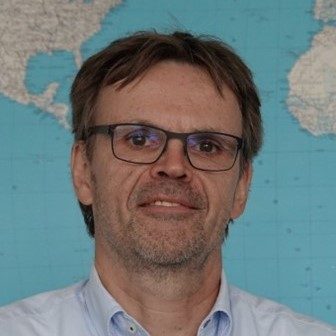
11.40-11.55 CEST
The autonomous train is the future for railway
Pavel Popov
Technical head for the implementation of ATO, Russian Railways
In this presentation, Pavel Popov, technical head of the implementation of ATO, will give insights in the experience with developing and testing autonomous trains at Russian Railways. What are lessons learned? He will dive into the topics: obstacle detection, remote control, loading and unloading passengers and safety issues.
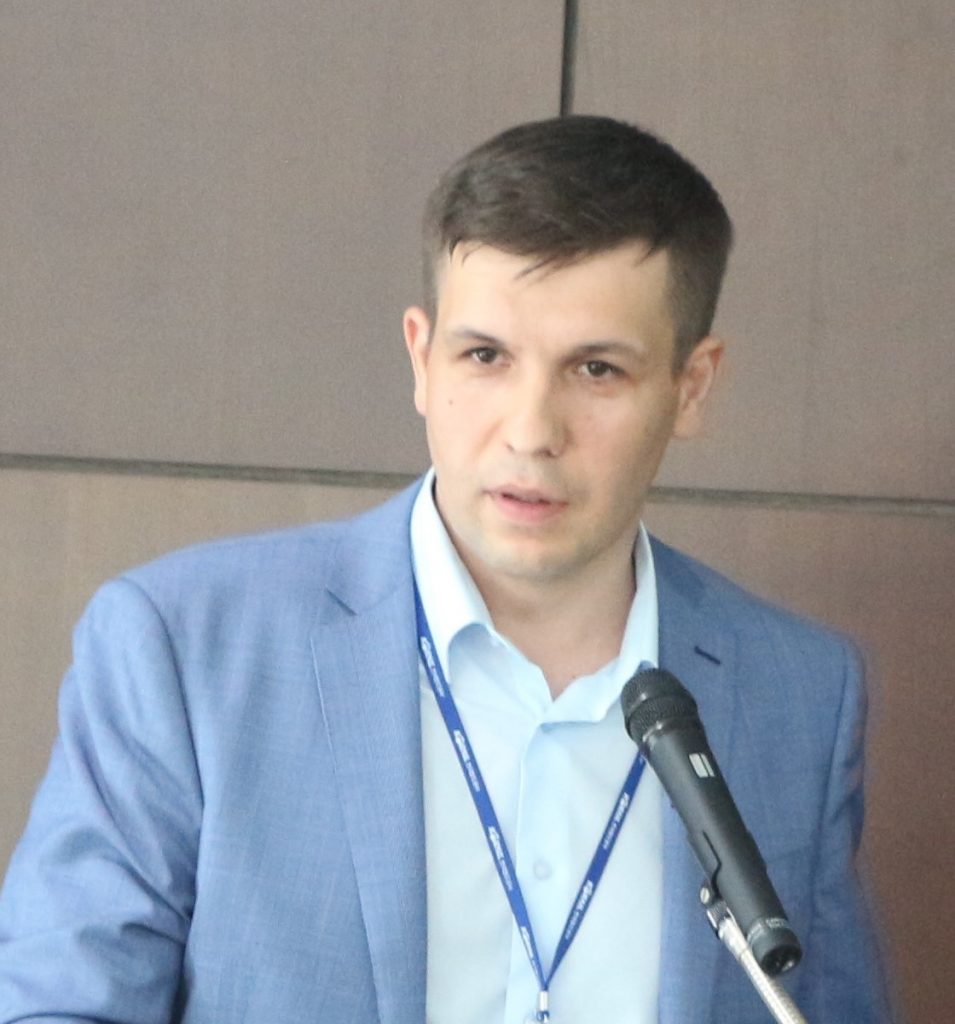
11.55-12.05 CEST
Project ATO on class B system in the Netherlands
Lammert Visser
Projectmanager in the ATO team, NS
NS wants to experiment with different ATO aspects to find out what ATO potentially can bring for NS. Together with CAF NS has built an experimental ATO solution consisting of an ETCS based ATO machine complemented with a stereo visual recognition system, an advanced GPS/track fingerprinting positioning system and a trackside service to solve the positioning and movement authority challenges of a class B protection system.
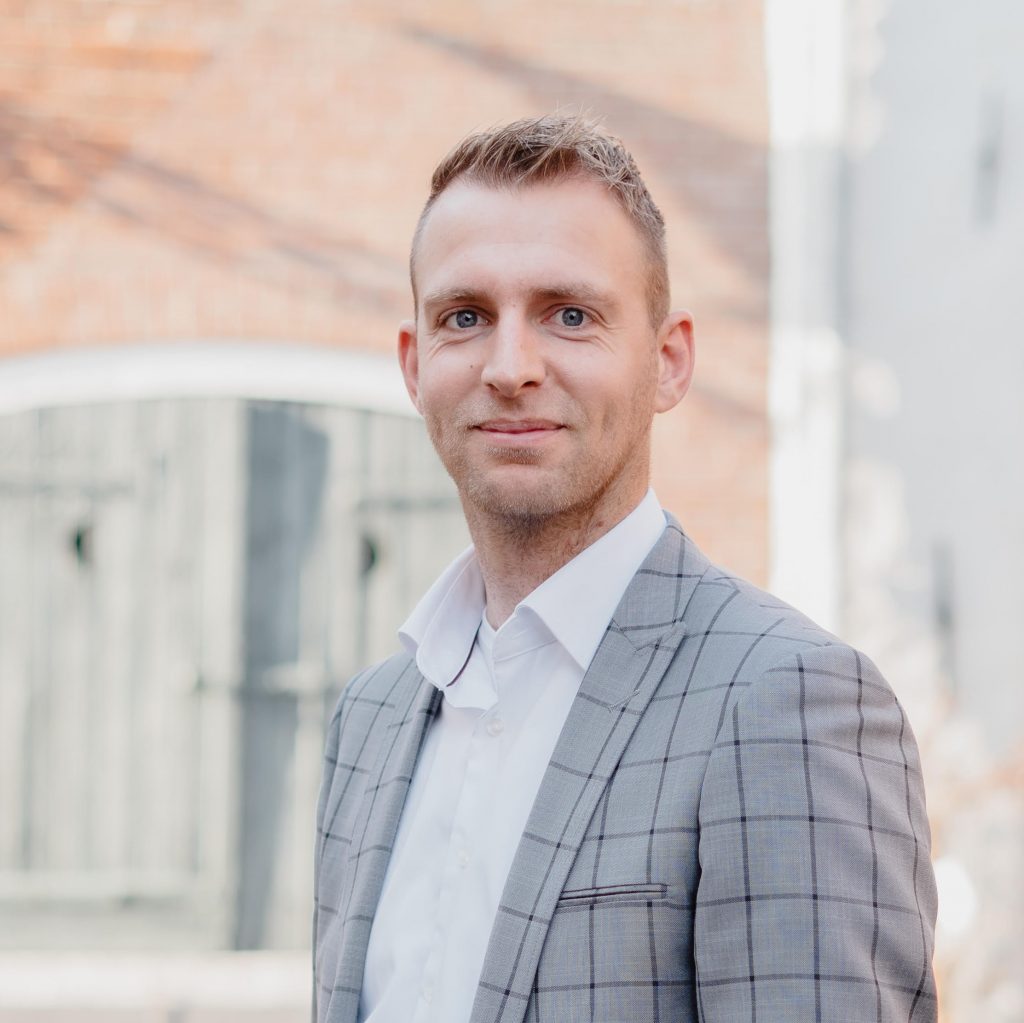
12.05-12.20 CEST
Digital Automatic Coupling – Game Changer für Europe’s Rail Freight Traffic
Mark Topal-Gökceli
Programme manager, European DAC Delivery Programme
Digital Automatic Coupling (DAC) is considered as a game changer for European rail freight. For a successful and effective implementation of DAC, it is of crucial importance to have open, close and efficient cooperation between all relevant stakeholders. The European DAC Delivery Programme (EDDP) enabled by Shift2Rail, offers a unique European platform for such cooperation and collaboration.
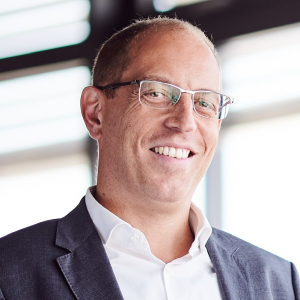
14.00-14.10 CEST
Rogier Elshout will welcome you back and open the session

14.10-14.25 CEST
Digital Rail for Germany is paving the way for innovation
Philipp Bührsch, Managing Director, DSD GmbH
Germany is planning to digitize its complete railway network for a number of reasons. One example is to increase the capacity in order to support environmental goals, another is to increase the quality of the infrastructure. What are the opportunities digital rail offers and what steps Germany is taking to achieve these ambitious goals?
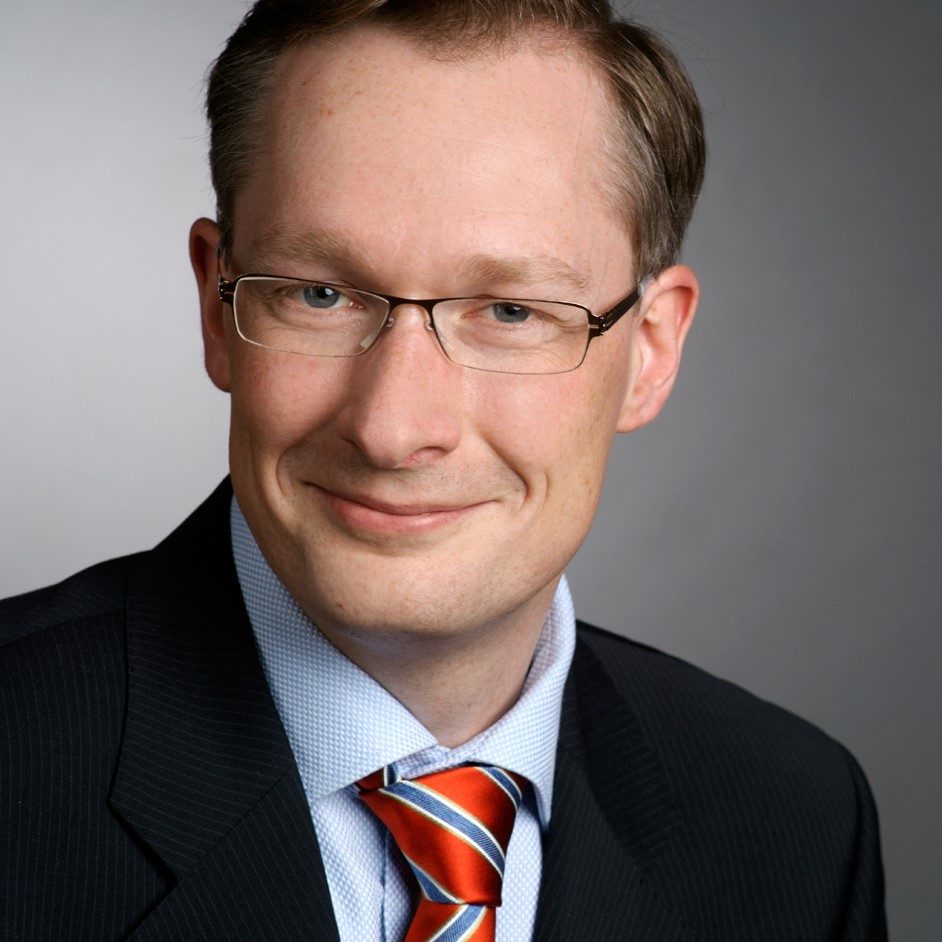
14.25-14.40 CEST
Precise and reliable train localization thanks to EGNOS
Virginia Antón, EGNOS Service Adoption Expert, ESSP SAS &
Daniel Lopour, Market Development Officer, European GNSS Agency
This presentation aims at providing an overview of the latest European initiatives exploring the use of EGNSS in the railway segment, both in safety and non-safety critical application as well as representative R&D projects, highlighting the ongoing process to assess the introduction of EGNSS into the next revision of the ERTMS ecosystem.
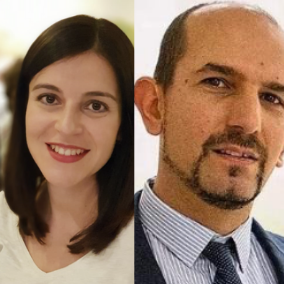
15.05-15.20 CEST
Future Rail Mobile Communication System
Jean-Michel Evanghelou
Head of Telecom & Signaling, UIC
Jean Michel Jean-Michel Evanghelou will give a presentation about the Future Railway Mobile Communication System (FRMCS). This is the future worldwide telecommunication system designed by UIC, in close cooperation with the different stakeholders from the rail sector, as the successor of GSM-R but also as a key enabler for rail transport digitalisation.
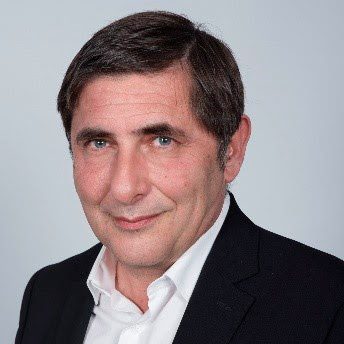
15.20-15.35 CEST
Success conditions for the transition to FRMCS – view from the telecommunications supply industry
Michael Mikulandra
Chairman Unitel Committee, Unife
What are the latest views from the UNITEL Committee of UNIFE, representing the European railway telecommunications supply industry, on the most important aspects, challenges and measures to guarantee the expected timelines for a successful introduction and migration towards FRMCS?
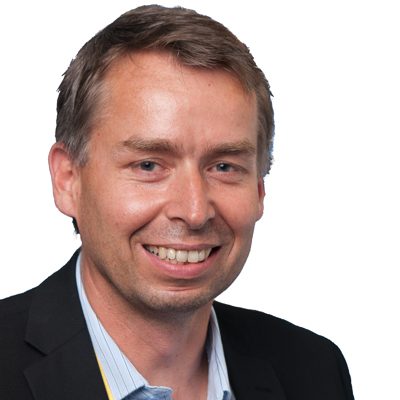
15.35-16.00 CEST
Panel discussion: how can new technologies excelerate the competitiveness of rail
Experts Matthias Ruete (European Commission), Pavel Popov (Russian Railways) and Peter Scheffel (ProRail) will dive into the next steps of new technologies.
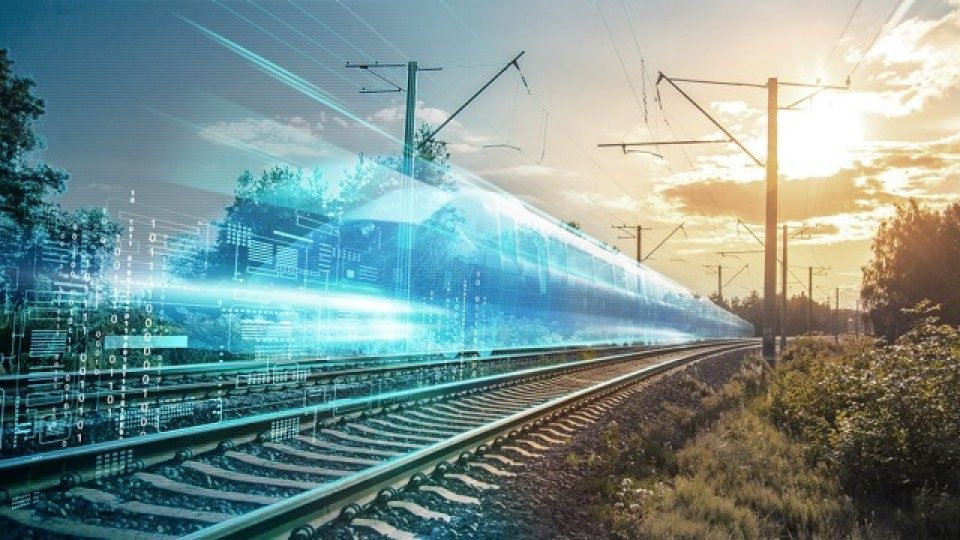
1 April
Smart Infrastructure
10.00-10.10 CEST
Our moderator Rogier Elshout will welcome you to the third day of the conference

10.10-10.25 CEST
Building Blocks of a Digital Infrastructure
Carlo Borghini
Executive Director, Shift2Rail Joint Undertaking
Digital Twin will be one of the building blocks for the virtualization of infrastructure combined together with Digital Maps, all enabled by imaging, machine learning, supercomputing and managing complexity. Shift2Rail has started working on the virtualization of the assets and moving from design to real time data and information to maximize the performance of infrastructure.
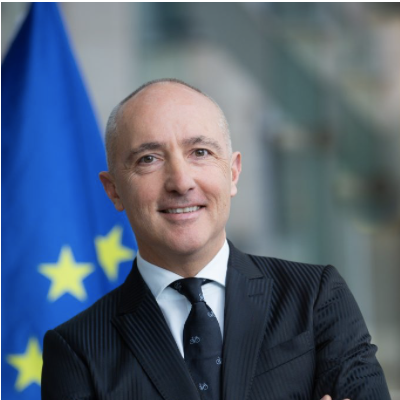
10.25-10.40 CEST
Digitalisation as the driver for a sustainable and resilient rail infrastructure
Monika Heiming
Executive Director, EIMrail
Smart rail infrastructure is one of the main backbone of EU mobility. Coordinated European actions and investments will preserve rail national and cross-border connectivity and will be instrumental to overcome any climate and economic crisis and strengthen the EU’s strategic resilience.
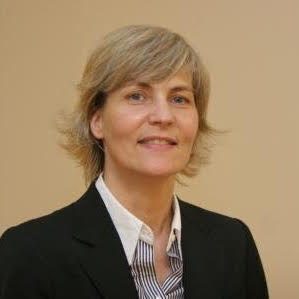
10.40-10.55 CEST
Demystifying digital twins: why, what and how?
Bart Brink
Global Director Digital Twin, Royal Haskoning DHV
Digital twins are on the rise. Increasingly organizations and societies are adopting the concept as a strategic agenda. But what are digital twins? Why are they relevant for rail infrastructure managers? And how do they relate to other concepts like BIM and technologies like AI? And where to start your digital twin journey? In this presentation Bart shares his views on Digital twins and inspires with various examples in the market.
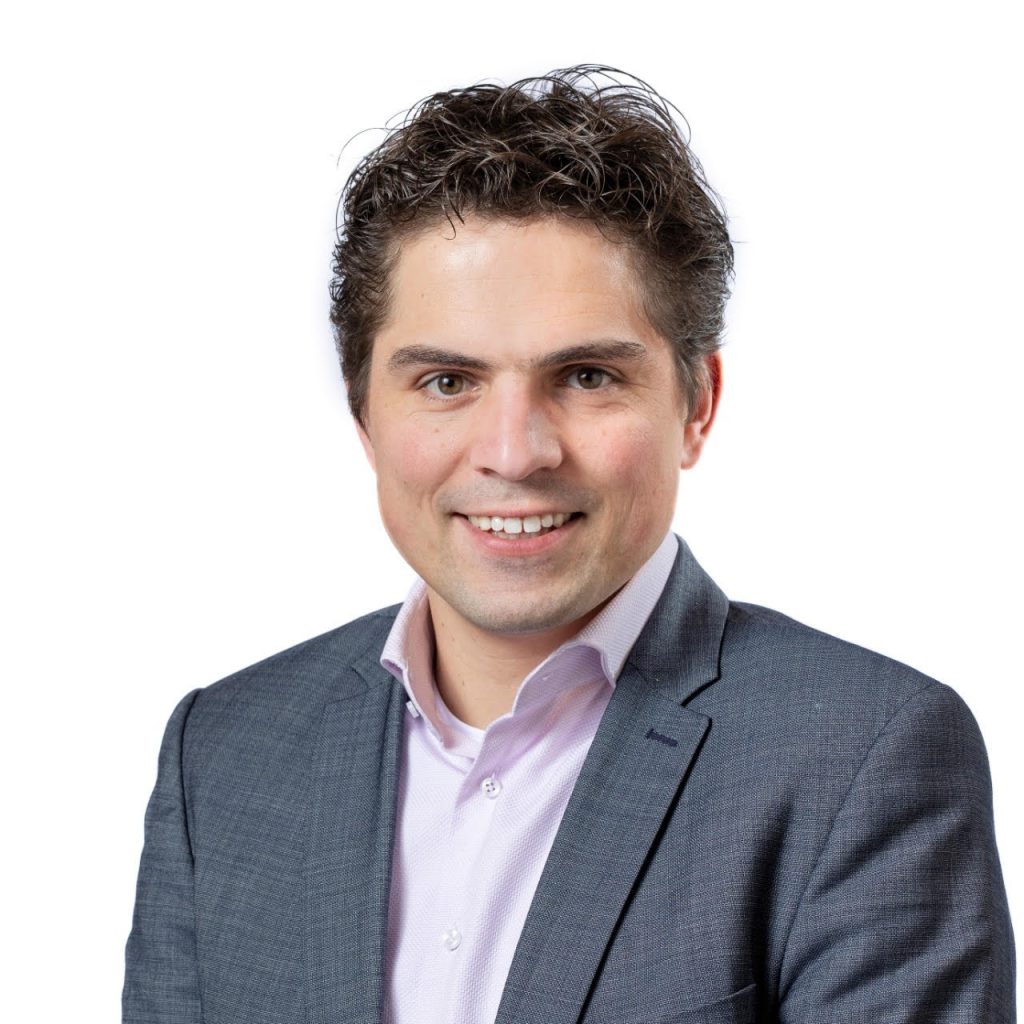
11.00-11.05 CEST
Rogier Elshout will welcome you back and open the session

11.05-11.20 CEST
Digitalisation in Greenfield project
Kaspars Briškens
Head of Strategy & Development, RailBaltica
Rail Baltica is in a unique position: a greenfield development just as technologies are evolving to allow more attractive and flexible rail transport, with the ability to put digitalisation and sustainability at the very heart of the project. This presentation will raise these opportunities and how they can be combined to provide more flexible and more sustainable ICT in a "digital native" infrastructure.
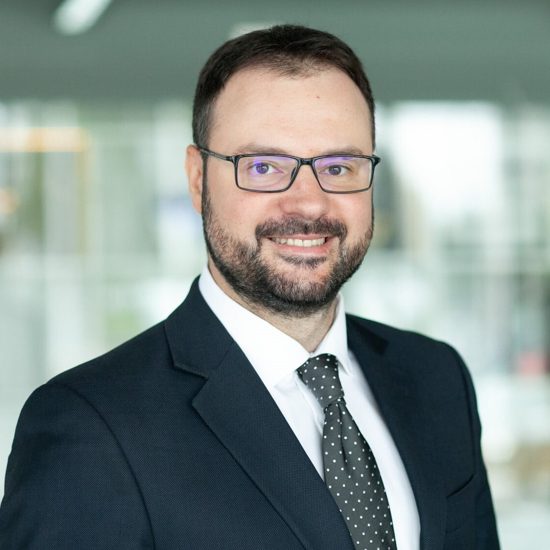
11.20-11.35 CEST
Data-driven approach of Rail freight logistics in the port of Rotterdam
Karel van Gils
Director Innovation and New Technology, ProRail
Operational bottlenecks and future capacity bottlenecks at freight yards in the port of Rotterdam require innovative measures and an integrated approach with all stakeholders. With this starting point, we have started a pilot in the Botlek area in the port of Rotterdam, in which we will solve the bottlenecks in a data-driven manner together with all our partners in the logistic chain.
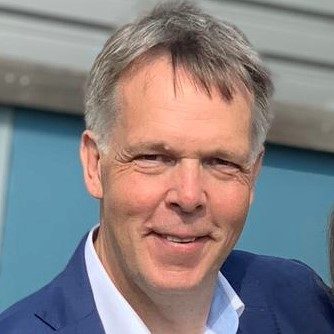
11.35-11.50 CEST
Digitalization and railway safety. Rethinking worksite protection under ERTMS
Anne Marlene Klompenhouwer
Head of Asset Management at Infrabel
With the massive increase in traffic and the deployment of ERTMS Infrabel needs to rethink how to plan and execute its maintenance and renewal activities as well as protect our tracksides works. A large-scale programme to reinvent workside protection has therefore been launched: Safer-W (short for Safer Works). This presentation focuses on the challenges and solutions of Safer-W.
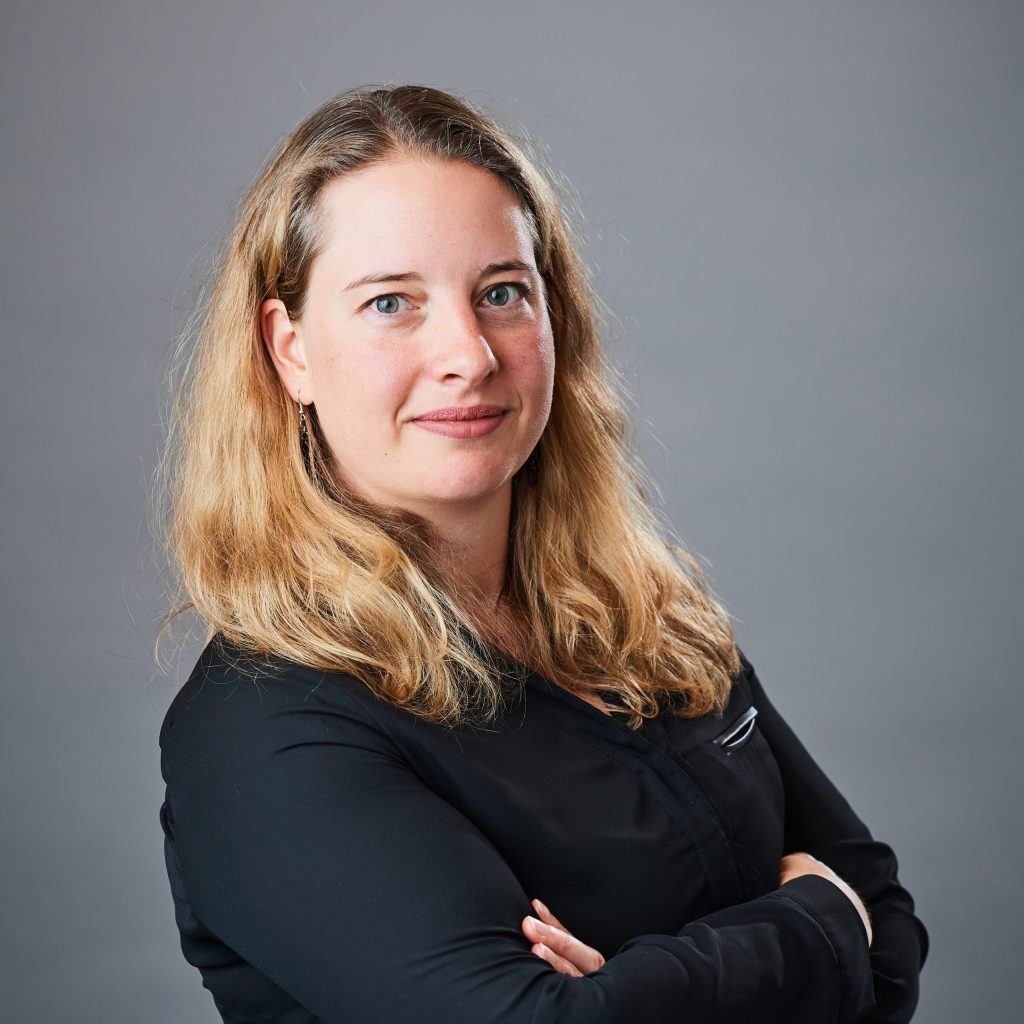
11.50-12.05 CEST
Mobile mapping (scanning all the rail objects)
Erik Pinter
Teamcoördinator/Track Analysis, ÖBB-Infrastruktur
More information coming soon.
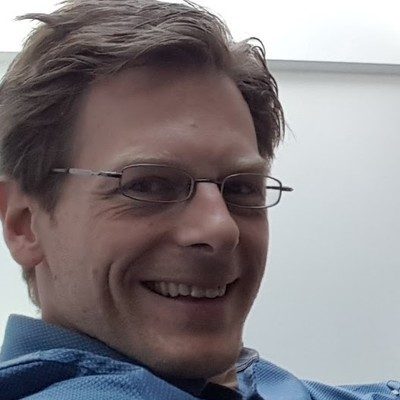
14.00-14.10 CEST
Rogier Elshout will welcome you back and open the session

14.10-14.25 CEST
Vulnerability of railway assets to black swans: Predicting the unpredictable
Diego Galar
Professor of Condition Monitoring, Luleå University of Technology
Director of Maintenance and Reliability, Tecnalia
Railway systems have artificially-suppressed vulnerability and tend to become extremely fragile, while at the same time exhibiting no visible risks. Although the intention of maintenance stakeholders is to keep these assets available, reliable and non-vulnerable, the result can be the opposite. These systems may become prone to unpredictable black swans.
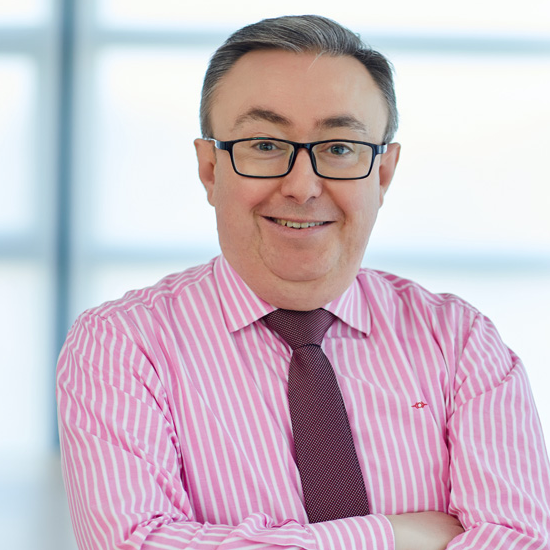
14.25-14.40 CEST
Monitor Rail assests with augmented reality
Richard Thorp
Engineering Director, HS1
More information coming soon.
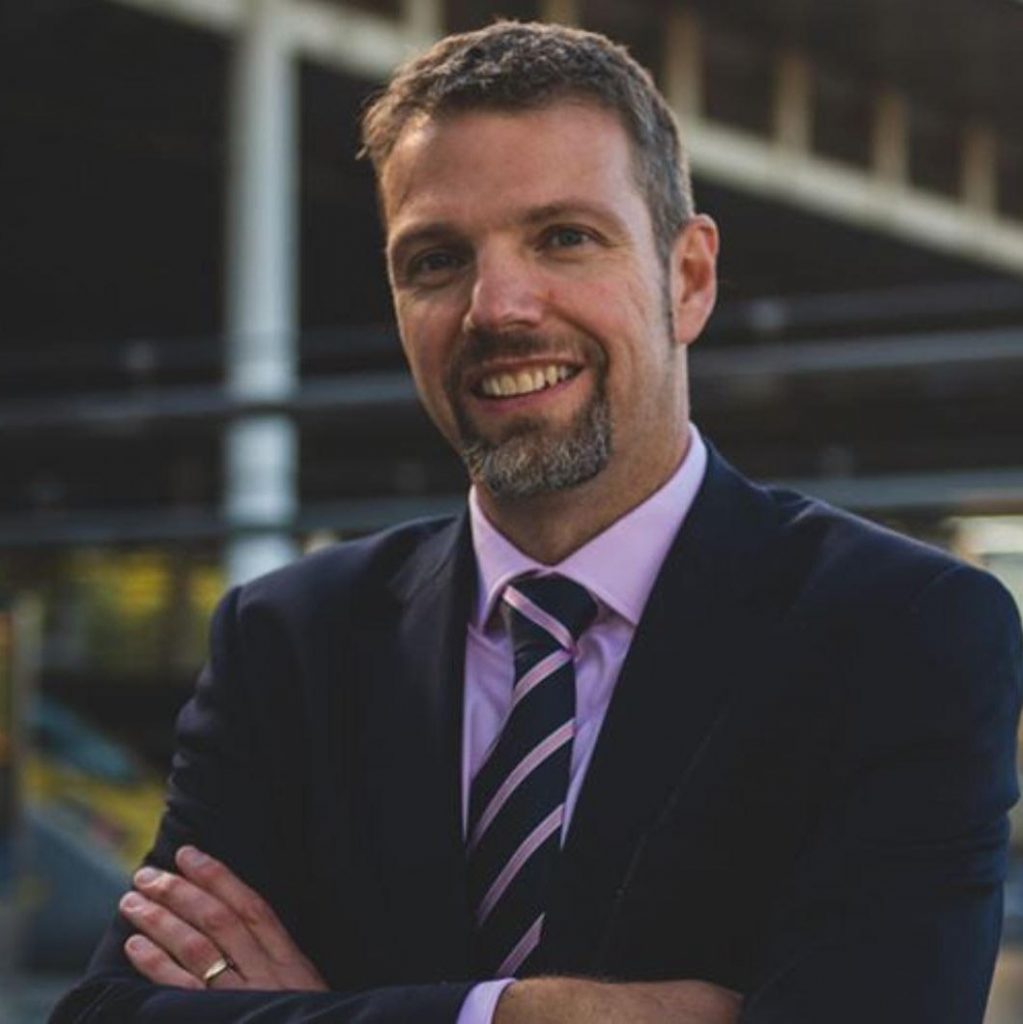
14.40-14.55 CEST
Environmental Impacts of Railway Infrastructure: Potentials for Mitigation
Matthias Landgraff
Senior Scientist, Graz University of Technology
This presentation includes an assessment of environmental impacts in regards to railway infrastructure as well as potentials for mitigation. The executed life cycle assessment combines a whole-network approach (top-down) with a detailed bottom-up approach for railway track.

15.05-15.20 CEST
Combining rolling stock and infrastructure data to optimize availability
Danny Meringa is a Data Analyst, Siemens & Emilio Tuinenburg, responsible for digital transformation at Siemens Mobility
Combining data from rolling stock and infrastructure assets results in new insights in asset operation, performance and maintenance. At Siemens Mobility we are working together with our customers to translate these insights in to concrete actions. In our presentation we will talk about a few examples of these insights and actions.
